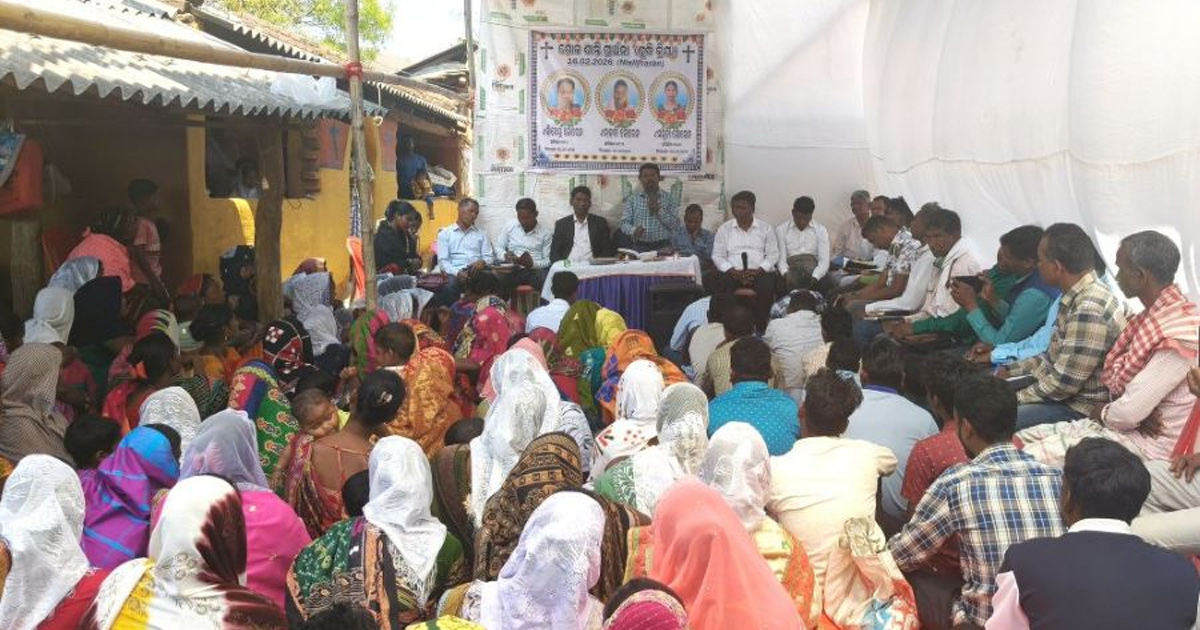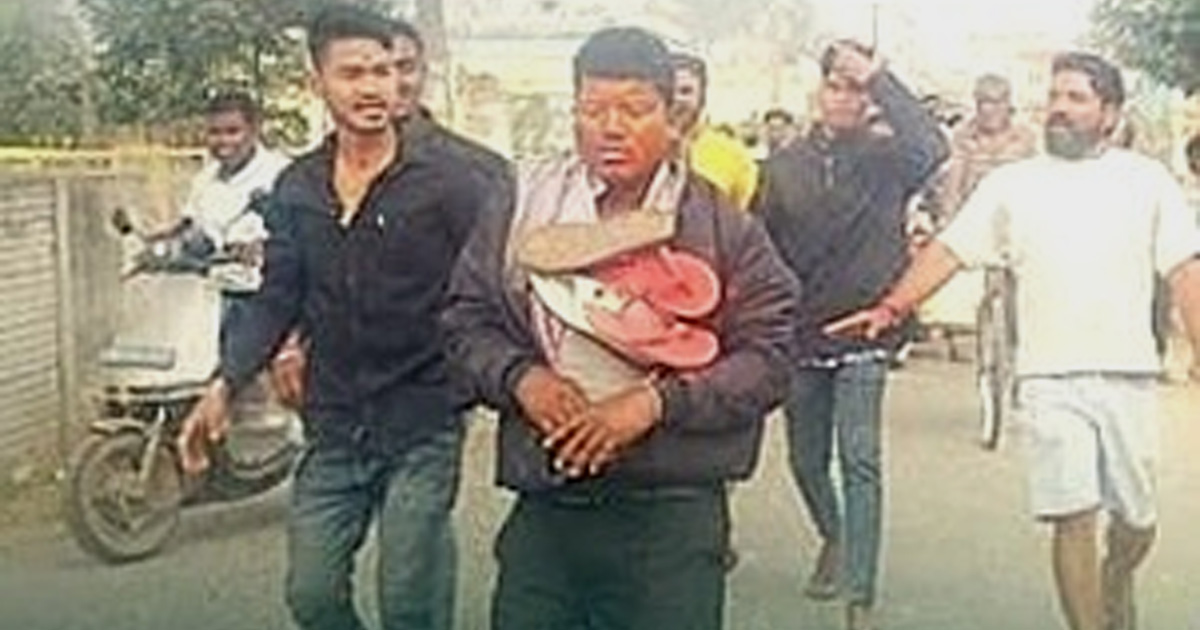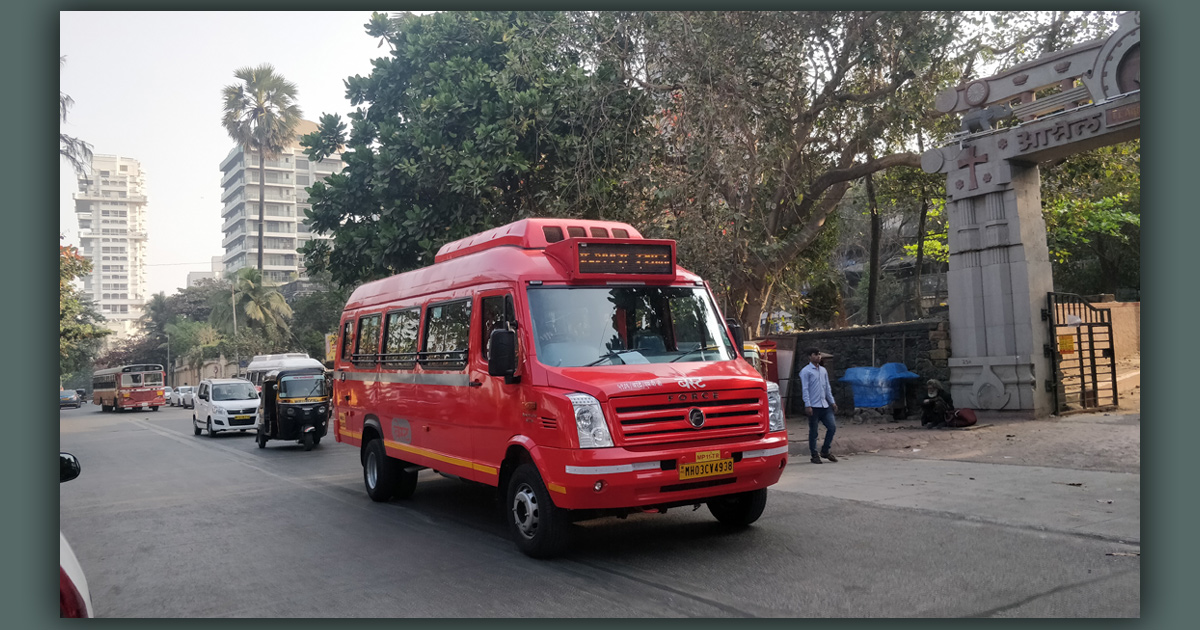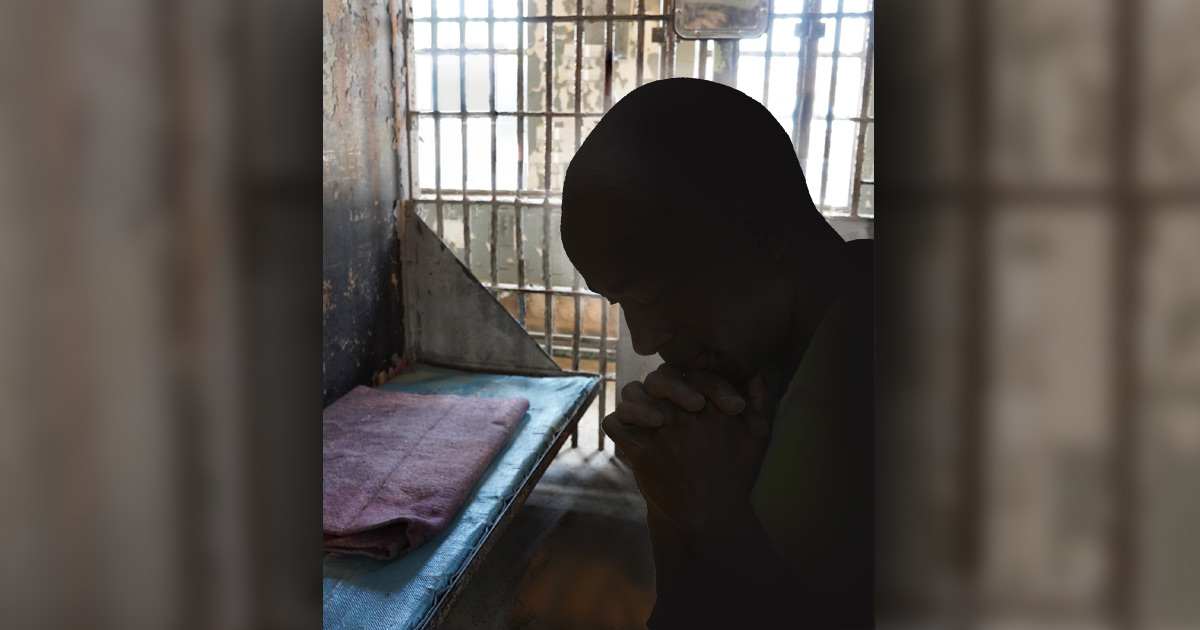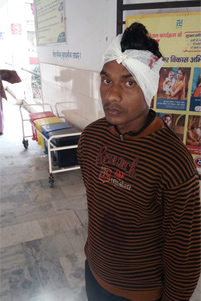
family sustained serious
injuries in the attack.
Photo: AsiaNews
A pastor and his family are facing police charges after Hindu militants beat them, leaving the pastor for dead. Eight assailants, including a police officer, entered the family home in Parihara, Jharkhand in the early morning of November 12th. Others joined in, beating members of the family with an axe, bamboo rods and wooden sticks. Pastor Basant Kumar Paul, who was left unconscious, sustained serious injuries all over his body. Both his mother and brother encountered head injuries, and his wife suffered internal injuries. In addition, the pastoring couple's 20-year-old son required a knee transplant.
After regaining consciousness from the beating, Pastor Paul managed to transport the injured members of his family to the police station by using his motorized three-wheeler. Police then sent them to the hospital. When the pastor returned to the station to file a complaint, he collapsed at the police station door. Despite the severity of their injuries, all family members were released from hospital the next day.
A few days later, Pastor Paul was summoned to the police station where he discovered a complaint had been filed against him and seven members of his family, 20 minutes before his own form was registered. The complaint filed against the Christian family includes unlawful assembly, insulting a religion, theft, wrongful restraint, and rioting with a deadly weapon. The pastor was forced to pay bail or face arrest.
Pastor Paul has led a small church in the community since 2010. This is not the first incident of violence he has encountered. He was nearly killed in a previous attack during 2015. For more information on the persecution of Christians in India, visit our country report.
Pray for the complete healing of Pastor Paul's injured family and, due to the resulting trauma of this vicious attack, intercede for their emotional recovery as well. Ask that the truth be revealed concerning the contradictory statements made by their attackers. May the presence of our Almighty God -- the Righteous Judge -- be experienced by the police and judicial officials of the courts, so that true justice will be upheld on behalf of these victimized Christians.

 Population
Population